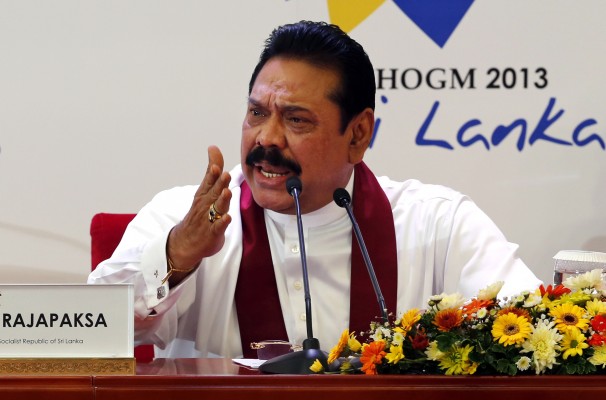In the midst of a recent trade spat between Ukraine and the Russian Federation, a promising announcement was made regarding the future of NATO-Ukraine relations. Ukrainian forces will operate in Afghanistan beyond 2014, serving as part of an Italian-led contingent of the International Security Assistance Force (ISAF) in Herat province. Herat is one of the most strategically significant provinces of Afghanistan, directly bordering both Turkmenistan and Iran while also encompassing important infrastructure projects like the Salma Dam. As such, Ukrainian military contribution to the security of this province will be helpful to the development of Afghanistan.
The announced presence in Herat reflects a deepening level of cooperation between Ukraine military forces and NATO member states. For several years, Ukraine contributed support personnel, predominantly military surgeons, to a Lithuanian-led Provincial Reconstruction Team in Herat’s neighbouring province Ghor.
Ukraine has participated in the NATO-led peacekeeping operation in Kosovo, with approximately 200 Ukrainian troops serving alongside 500 Polish counterparts in a multinational battalion since 2000. Given the successful experience of the Polish-Ukrainian Peace Force Battalion, an agreement is expected by the end of 2013 to form a Lithuanian-Polish-Ukrainian Brigade that would consist of 4,500 troops, and it could be deployed on short notice as part of a United Nations sanctioned peacekeeping operation anywhere in the world.
Given this considerable history of cooperation with NATO and the Alliance’s member states, the announcement regarding Ukraine’s future presence in Herat didn’t come as surprising. However, what sets this participation apart is that Ukraine has expanded its partnership with NATO beyond its regional strategic area of interest: Eastern Europe. Through all of Ukraine’s previous engagement with NATO, it confined its partnerships to Poland and Lithuania. Ukrainian policymakers could assert that the Ukraine was cooperating not necessarily with NATO but with regional partners, rather than working with NATO in Kosovo. For example, the Ukrainian government could justify its troop contributions in Kosovo as a way of cultivating good neighbourly relations with Poland.
How Russia reacts to this deepening of the collaboration between NATO and Ukraine in Afghanistan will be of interest. When the Ukrainian Navy sent frigates to join Operations Active Endeavour and Ocean Shield (NATO-led maritime missions intended to combat illicit trafficking and piracy in the Mediterranean and the Gulf of Aden); Russian officials could hardly object as their own country had also joined these missions.
However, Russian authorities loudly object to Ukraine’s efforts toward European economic integration. The collaboration in Herat may be an attempt on the part of Ukrainian leaders to gauge the degree to which this economic integration may be accompanied by westward security integration. If the discontent from Moscow can be managed effectively, other initiatives for NATO-Ukraine cooperation could soon follow.
Due to the adoption of legislation in 2010 that bars Ukraine from joining military alliances, it is very unlikely that Ukraine would join NATO. But intensified cooperation with Ukraine will produce impressive dividends for the Alliance and its operations, much as it has been in Kosovo and may yet be in Afghanistan.




